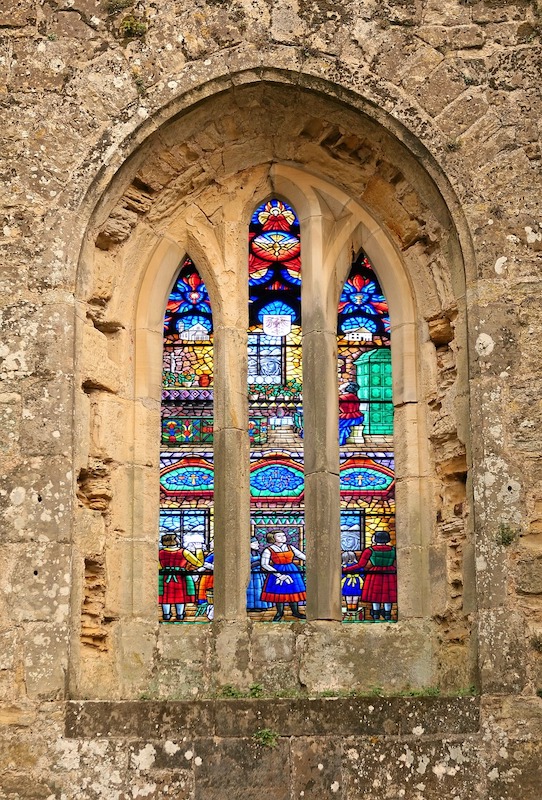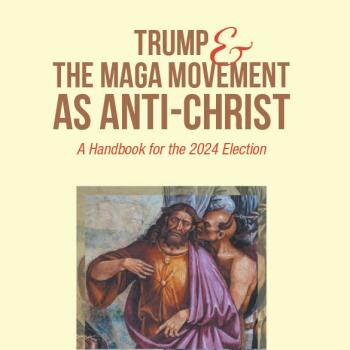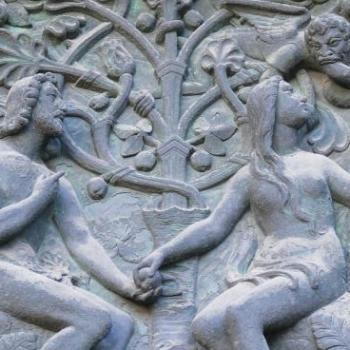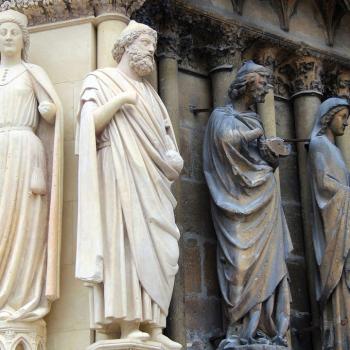
One of the most important things to the Fundamentalist church is dogma. It’s kind of where the name comes from. Since R.A. Torrey’s The Fundamentals published throughout the early 1900’s, the focus has been on theology. I am often surprised by the origin and context of the different theological positions that White Conservative Evangelical and Fundamentalist Church has adopted, but digging into the Council of Nicea definitely posed a couple questions.
Just Another Church Sermon
I was visiting a church a few weeks back when I was caught off guard. I know I had heard this before, but things had changed. It wasn’t the pastor – who I had heard before – it was me. Reading into the early Church, and specifically the events leading up to the Council of Nicea in 325, had shifted the way I was listening to the sermon.
The pastor was talking about the difference between the Hebrew scriptures and the New Testament. The point he was making was how good Jesus is – how Jesus loves the unlovable. He then contrasted this image of Jesus with the God of the Hebrew Bible. He spoke about Noah, Joshua and additional violent acts of God. To simplify his argument: Jesus loves you, but God doesn’t. Jesus stands in the way of God to take the wrath and spare you. Thank God we’re under the grace of Jesus and not the Law of God.
If you grew up in an Evangelical or Fundamentalist setting, this probably sounds typical. This is a standard penal substitutionary view of the atonement – or that Jesus’ death on the cross was used as satisfaction for the wrath of God against humanity. I had definitely heard this before growing up. When I was younger I agreed and still bought in on this theology. I had been to churches who spoke like this after my re-conversion (renewing my Christian convictions) and argued in my head about the historical weight that other atonement theories had over this one. But this time, I heard it through the filter of Arianism.
Arianism – The Bifurcated God
Before the concept of the Trinity was developed and adopted by the Church, the priests and theologians of the day were trying to figure out who Jesus was. How could Jesus be God? Was Jesus God at birth? Before? Was Jesus also human? These things we often take for granted were still being ironed out.
Arius was a 3rd century clergyman in Alexandria, Egypt. He taught that Jesus was “begotten of the Father” and therefore was not eternal like God (John 1:14,18; Heb. 1:5; 1 Pet. 1:3). Rather, Jesus was God’s first created – with God and Jesus as separate in form and substance. This means that Jesus was not eternal and there must have been a time when Jesus was not. This also puts God in a superior position over Jesus.
Arius and his supporters lost and gained traction throughout the Early Church years. Much of the work done in this time was to unify and define who Jesus was, particularly in relation to God and the Spirit. The first Council of Nicea in 325 declared this view as heresy and it continued to be considered unorthodox even as it gained traction throughout the Empire.
17 Centuries Later…
I am sitting in a pew hearing a pastor who defends orthodoxy talk about how God and Jesus are substantially different. I have heard this many times, but for some reason it really sticks out to me. The Nicene Creed uses the Greek word homoousion, or of the same substance or essence. They wanted to instill language that showed the unity of God and Jesus and their singular motivation.
Which is why the theology I grew up with feels different. It doesn’t seem like many of these churches really understand the implications of this atonement. I understand the passion and sincerity, but for me, it just doesn’t sit right. I hear a God who is trying to destroy creation, but Jesus is holding them back. This doesn’t sound like what the Church has preached as good news. It’s a different gospel than Jesus who is carrying out the will of the Father on earth to rescue and restore the world to themselves.
Now What?
What do we do with the atonement we were given? What about this seemingly disjointed God we see in the 2 halves of our Christian Bible? I think we can look to other Christian traditions and historical context to help us reunite God and Jesus as being consubstantial. We can see how the Early Church valued the union of Jesus and God. The Church has spent centuries thinking about and defending the equality and mystery of the Trinity – let’s continue the tradition.













